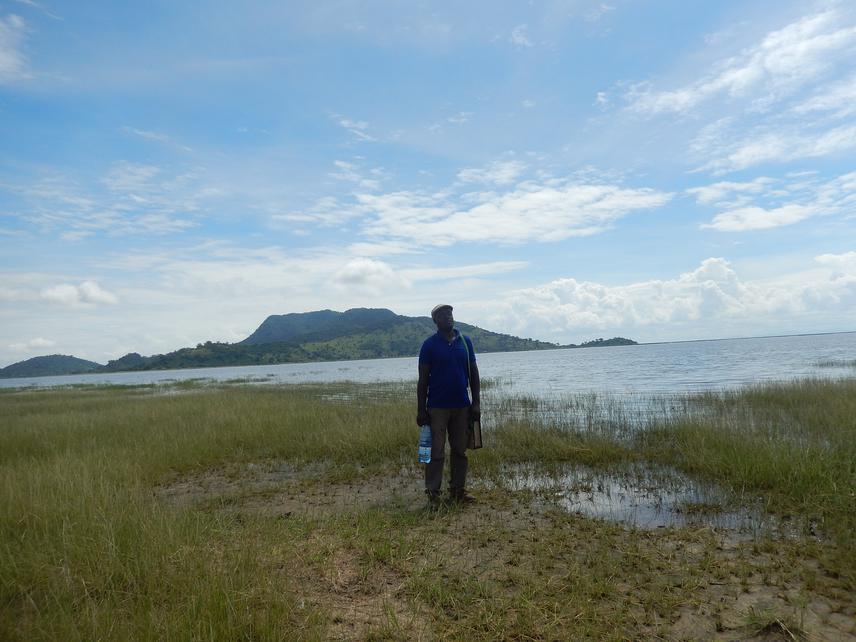Felemont Kayulayula Banda
The aim of the project will be to investigate patterns of land use by communities who reside along Lake Chilwa Wetland in terms of its effects on the littoral zone vegetation. The operating assumption is that different livelihood practices along Lake Chilwa Wetland result into varying land use patterns. These spatial variations in land use patterns affect the littoral zone vegetation differently. Through this project, a determination of land use patterns which negatively affects the littoral zone vegetation and those which positively affects the littoral zone vegetation will be made. The results will be used to raise awareness on sustainable wetland use.

The objective of the project will be to investigate patterns of land use by communities who reside along Lake Chilwa Wetland in terms of its effects on the littoral zone vegetation. The anticipated outcomes of the projects are:
(a) Production of a land use pattern and livelihood practices portfolio which demonstrates incompatibility and compatibility with the Lake Chilwa littoral zone functioning.
(b) Enhanced capacity of the communities surrounding Lake Chilwa catchment area in littoral zone management.
(c)Trained communities with capacity to identify livelihood practices which are detrimental to the sustainable functioning of the wetland ecosystem through training workshops.
(d) Improved sustainability in land use patterns and livelihood practices around Lake Chilwa Wetland
(e) Increased community awareness on the detrimental effects of some livelihood practices on the Typha vegetation.
The project will use both quantitative and qualitative approaches to achieve its objectives. Quantitative data will be collected using a questionnaire to be administered to selected members of the village communities whose livelihoods have a bearing on the littoral zone vegetation. Qualitative data will be collected using Focus Group Discussions (FGD), Key Informant Interviews (KII) and observation. Quantitative data will be analysed using SPSS software whereas qualitative data will be analysed using content analysis to determine recurrent themes. The results on livelihood patterns and their associated land use patterns including their effects on the littoral zone will be used to conduct awareness workshops on the livelihoods which are conservation friendly to the littoral zone vegetation (Typha) of the Lake Chirwa Wetland.
In order to ensure that the project is going according to plan, a monitoring schedule or an action plan will be drawn outlining key steps of the project objectives to be achieved after particular time periods in line with the project intended outcomes. This monitoring schedule will act as an implementation blue print. This means that, the progress of the project will be measured against attainment of the pre-planned goals.